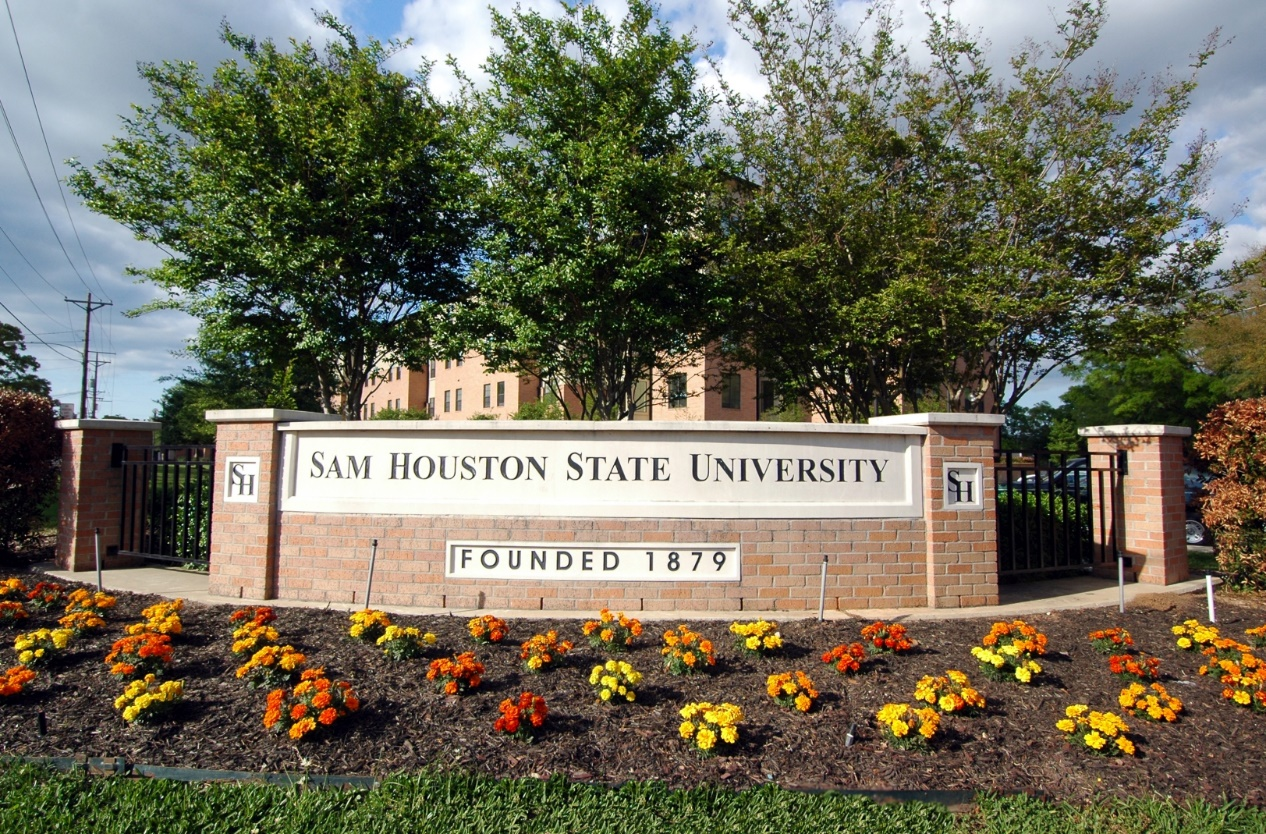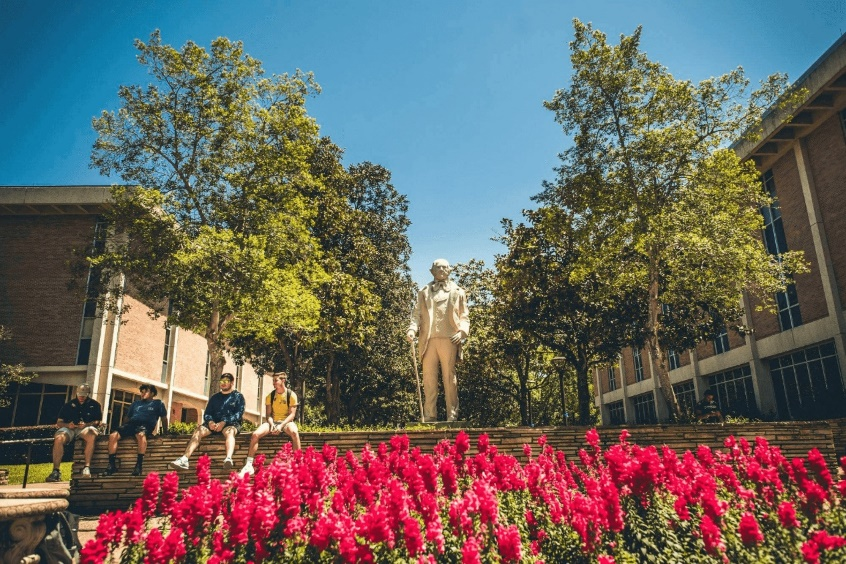Exploring Spelling Evolution and Educational Approaches to Dyslexia
Date:
July 25th, 2025 (UTC -5)
Organizer:
Sam Houston State University
Symposium Chair:
Personal Bio:
Dr. Enrique Mallen obtained his Ph.D at Cornell University. He regularly teaches courses on language, art and culture. He is Director of the Online Picasso Project. He has published extensively on language, art and literature. Among his most recent publications are the books Eduardo Espina: Poesía del Deslenguaje (2024), Pablo Picasso: A Period of Transformation (1906–1916) (2023), Pablo Picasso and Dora Maar: A Period of Conflict (1936–1946) (2021) and Pablo Picasso: The Aphrodite Period (1924–1936) (2020).
Background:
Reading and language processing are impacted by dyslexia, a specific learning disability whose effects can vary significantly depending on the language. Orthographic Transparency is one aspect that contributes to this phenomena. Spanish is considered a fairly transparent language with a stable letter-sound relationship, meaning that spelling problems may manifest differently than in languages with less consistent spelling patterns. However, Spanish speakers with dyslexia often struggle with spelling, particularly with longer and less common words, as well a few irregularities still present in the language. Identifying the origin of these irregularities and addressing them in the learning process would be helpful to students with dyslexia.
Goal/Rationale:
Some languages have a more stable relationship between letters and sounds (phonemes) than others. Languages with more regular spelling restrictions, such as Spanish, are regarded as more transparent. In contrast, English contains several inconsistencies that can make reading difficult for dyslexics. Nevertheless, Spanish has some areas where spelling is not as unambiguous. That is, even though Spanish spelling is generally thought to be more consistent than English spelling, there are still some complexities that can make it difficult for dyslexic learners, such as silent letters, a few instances where the same letter combination can produce different sounds depending on the word; and dialect-specific pronunciation variations. Some key issues with Spanish spelling are: "C" pronunciation variations; "G" pronunciation variations; “H” always being a silent letter; “U" being a silent letter in some instances; "B" and "V" having the same pronunciation; plus dialectal variations in the pronunciation of “C”, “Z” and “"LL". We look at the historical roots of these spelling inconsistencies and propose potential exercises to help dyslexic students cope with them.
Call for Papers:
Highlights:
While dyslexia itself is a neurological condition that exists across all languages, the way it manifests in Spanish can appear different compared to English because Spanish has a more "transparent" orthography, which means that the letter-sound correspondences are more consistent, making reading difficulties for dyslexic individuals potentially less severe in Spanish compared to languages like English which has more irregular spellings. Nevertheless, Spanish speakers with dyslexia still frequently face challenges in spelling. There are six areas where Spanish spelling is not consistent. We called these the h issue, the b / v issue, the j / g issue, the q issue, the z / c issue, and the LL issue. The workshop discussed different proposed strategies to assist learners with dyslexia to cope with these issues. Among the strategies that we presented, some involved apply the spelling rules in alternative ways, using ordered lists to play games of guessing, inventing oral stories that include words from a specific list, playing games such as defining the words on a list, use lists of words to work on reading speed, using a title board to revise sounds, using colored paper and pens to write words, use flash cards, playing memory games, play bingo using words, playing rhyming games, using interactive, multisensory learning to reinforce spelling.
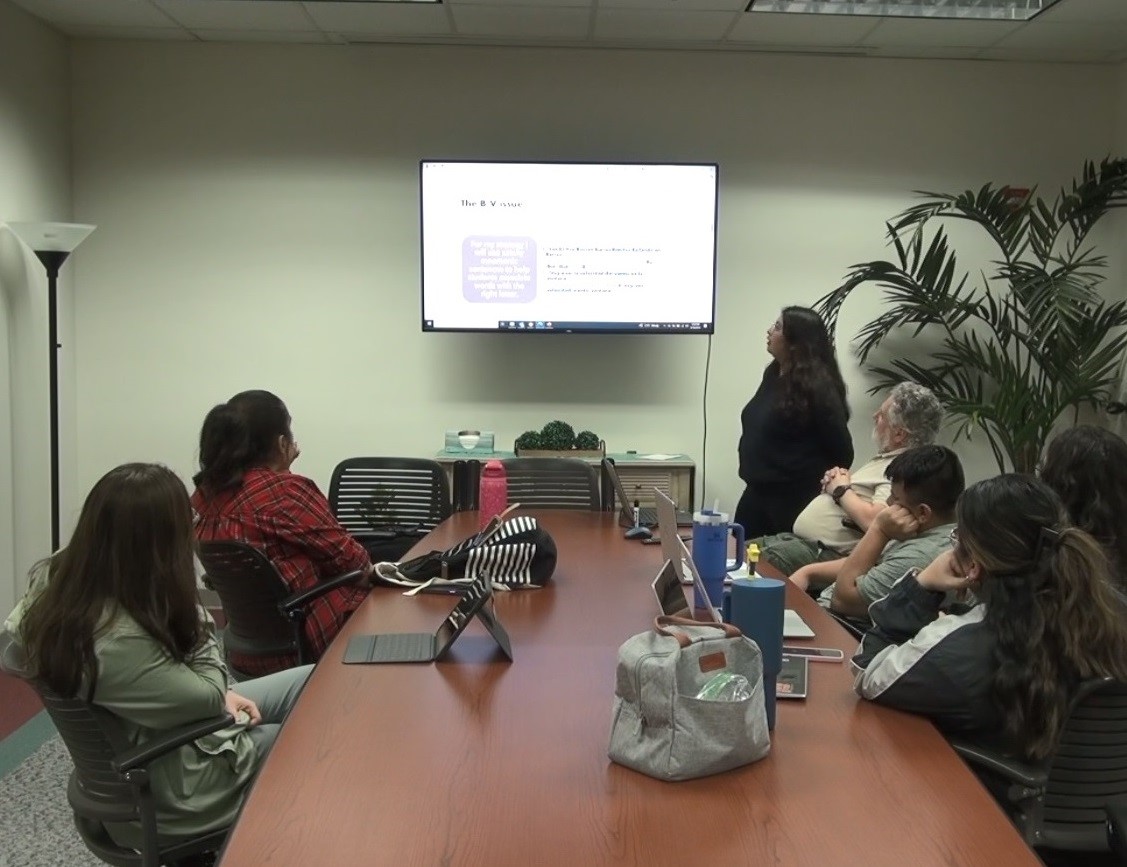
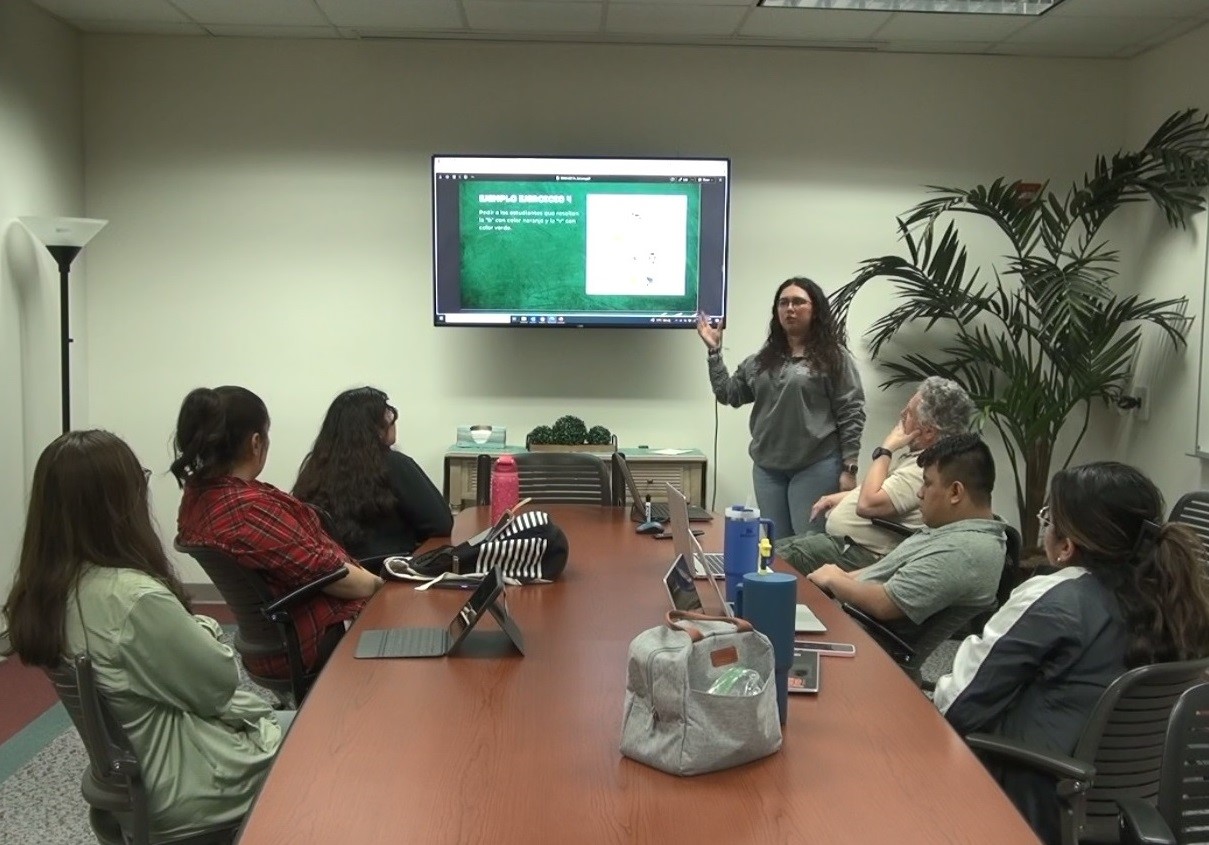
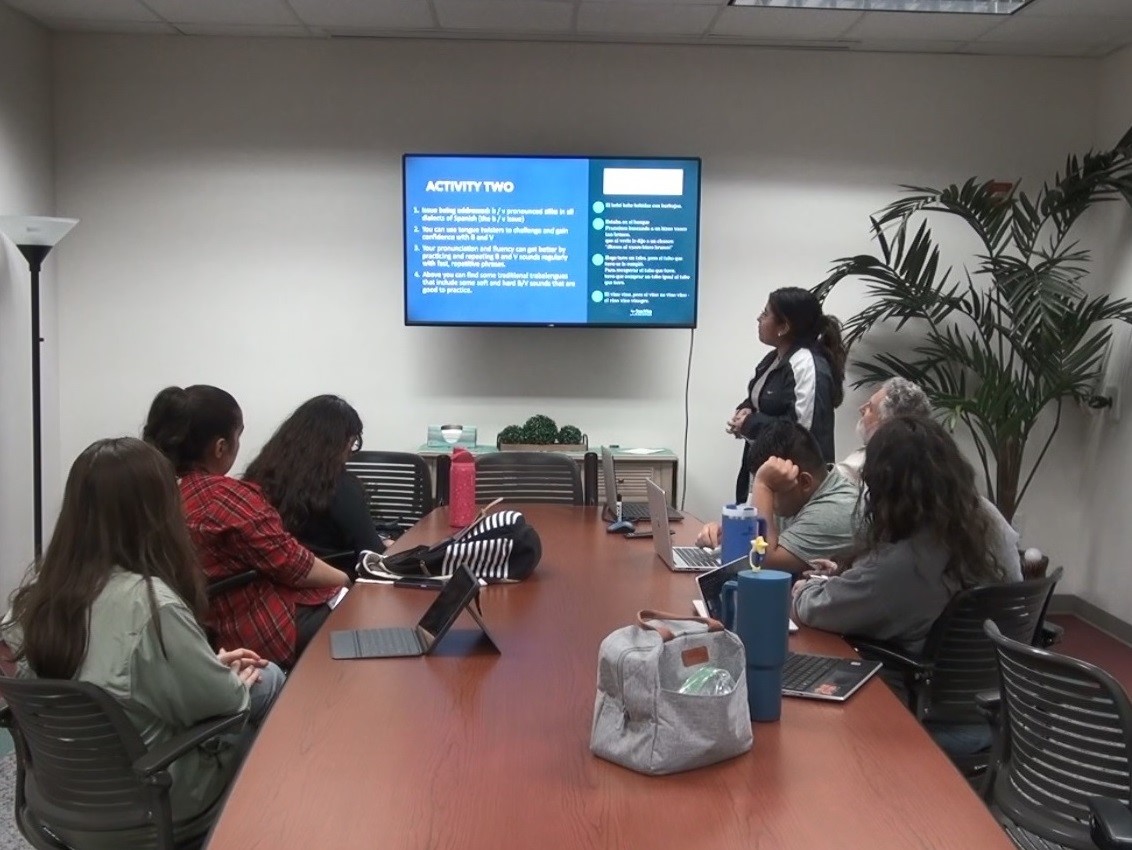
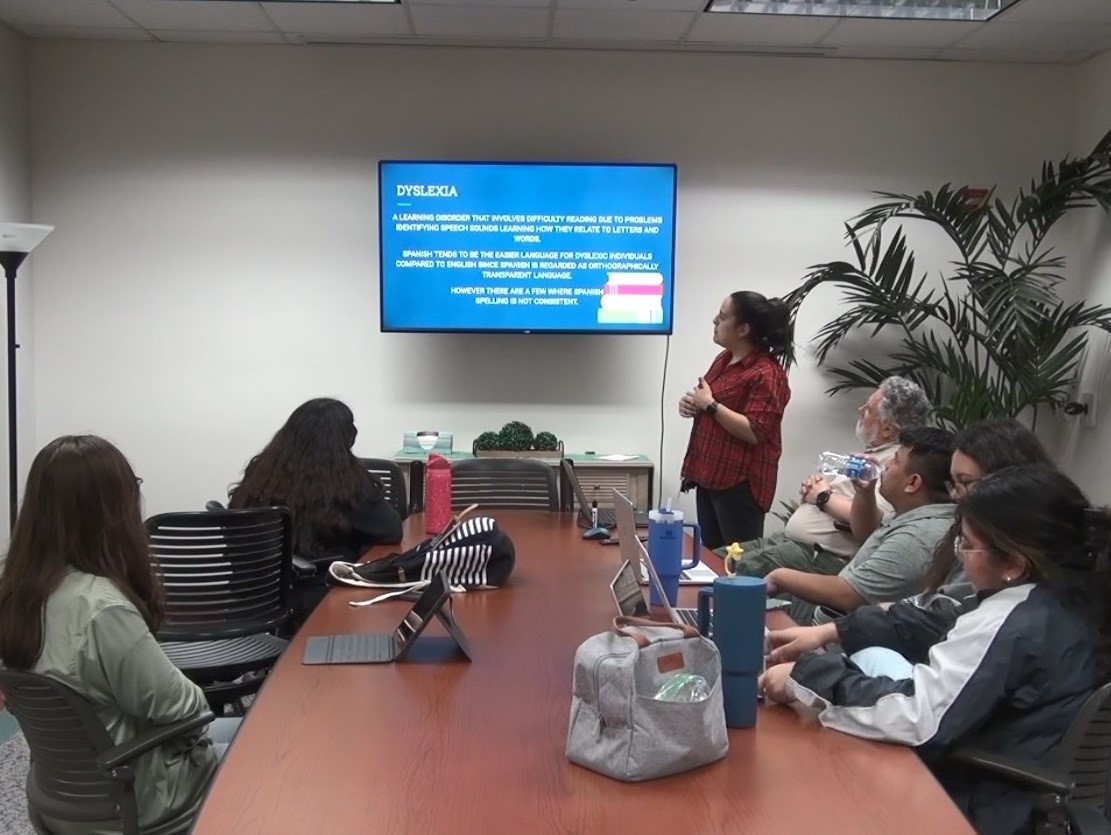
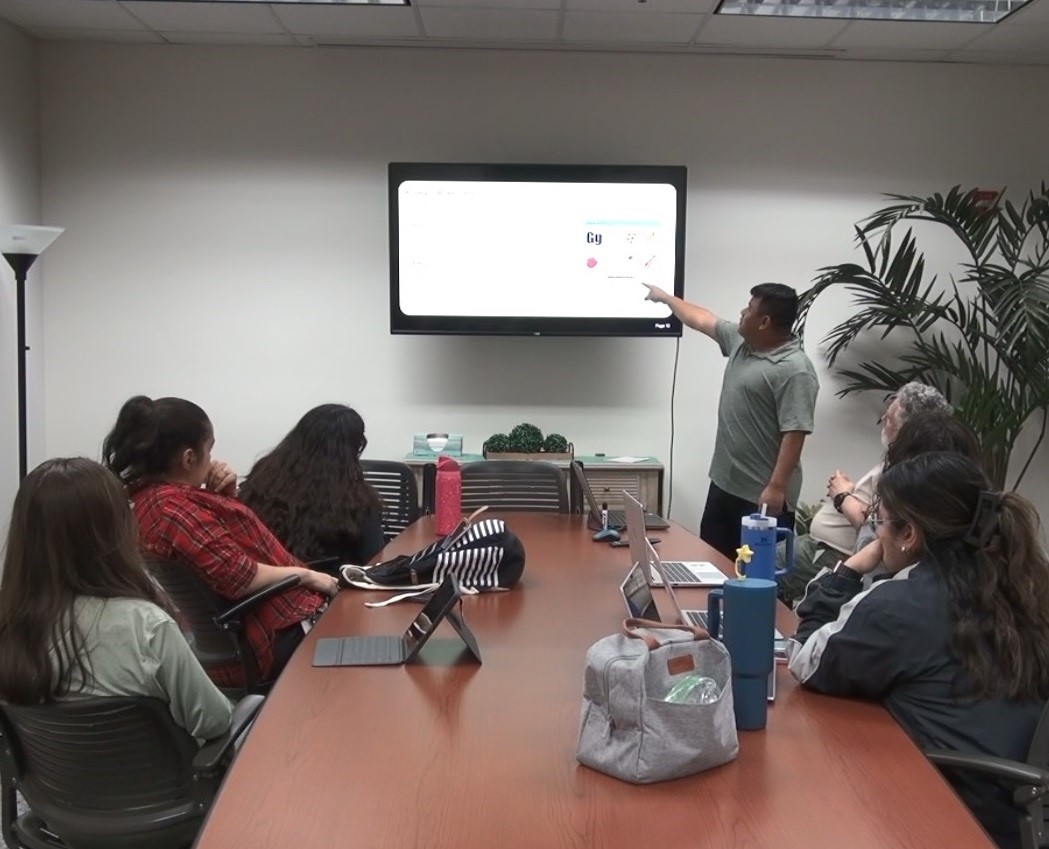
Access to Symposium:ICGPSH 2026 Symposium -- Huntsville - YouTube
Topics:
The main topics of this symposium are listed below.
- Digital Pedagogy and E-Learning
- Sports Pedagogy and Physical Literacy
- Inclusive Education and Social Learning
- Trauma-Informed Teaching
- Collaborative Learning Strategies
- Experiential and Cooperative Pedagogy
- Differentiated Learning Approaches
- Gamification in Education
- EdTech and Artificial Intelligence in Learning
- Mindfulness in Education
- STEM and STEAM Education
- Culturally Responsive Teaching
- Assessment for Learning
- Multisensory and Physical Education
- Digital Sociology
- Sociology of Climate Change
- Migration and Globalization
- AI and Society
- Sociology of Technology
- Social Media Impact
- Post-Colonial Sociology
- Sociology of Mental Health
- Inequality and Social Justice
- Gender Studies in Sociology
- Core Fields (e.g., Theoretical Sociology, Historical Sociology)
- Specialized Areas (e.g., Urban Sociology, Criminology, Rural Sociology)
Meanwhile, submissions aligned with the overall conference theme are also welcome.
Political Science- International Relations and Global Governance
- Political Economy and Digital Finance
- Climate Policy and Environmental Politics
- Cybersecurity and Digital Governance
- Human Rights and Migration Policy
- Political Philosophy and Ethics in AI
- Public Policy and Social Movements
- Political Polarization and Media Influence
- Public Administration and Domestic Policy
- Cyber Law and Digital Privacy
- AI Ethics and Intellectual Property
- Environmental Law and Climate Policy
- Human Rights and Social Justice
- Labor Law and Gig Economy
- Consumer Protection and Data Security
- Criminal Law and Digital Crime
- Property Law and Blockchain Applications
- Public Health Law and Policy
- Media Law and Freedom of Information
- Exercise Physiology and Performance Optimization
- Sports Nutrition and Metabolism
- Injury Prevention and Rehabilitation
- Strength and Conditioning Techniques
- Ethics in Sports and Fair Play
- Human Kinetics and Motor Skills
- Sports Sociology and Cultural Identity
- Gender Studies in Sports
- Inclusion and Accessibility in Sports
- Mental Health in Competitive Sports
- Sports Policy and Governance
- Sports Psychology and Motivation
Submission:
All submitted papers should report original and unpublished work, experimental or theoretical, and are not under consideration for publications elsewhere. All papers should be no less than 4 pages in length and must strictly follow the format of the symposium template. All papers are subject to reviews and edits. Prospective authors are kindly invited to submit full text papers that includes title, abstract, introduction, tables/figures and references. Other styles of papers are not accepted. Please submit your papers in both .doc/.docx AND .pdf formats as attachments via email to [email protected] by the given deadline. It is unnecessary to submit an abstract in advance.
Publication:
Accepted papers of the symposium will be published in Lecture Notes in Education Psychology and Public Media (Print ISSN 2753-7048), and will be submitted to Conference Proceedings Citation Index (CPCI), Crossref, CNKI, Portico, Google Scholar and other databases for indexing. The situation may be affected by factors among databases like processing time, workflow, policy, etc.
The papers will be exported to production and publication on a regular basis. Early-registered papers are expected to be published online earlier.
This symposium is organized by ICGPSH 2026 and it will independently proceed the submission and publication process
Ways to Participate:
Attendance Onsite
The symposium welcomes participants to attend on-site and share the innovative experiences and researches with the group. Therefore, we provide some general information about the visa application. If you want to attend the symposium on-site, please email the symposium committee: [email protected]
VISA:
U.S. Visas (state.gov)In order to ensure the information is correct and up to date, there may be changes which we are not aware of. And different countries have different rules for the visa application. It is always a good idea to check the latest regulations in your country. This page just gives some general information of the visa application.
US Visa Information
The B-1/B-2 visitor visa is for people traveling to the United States temporarily for business (B-1) or for pleasure or medical treatment (B-2). Generally, the B-1 visa is for travelers consulting with business associates; attending scientific, educational, professional, or business
conventions/conferences; settling an estate; or negotiating contracts. The B-2 visa is for travel that is recreational in nature, including tourism; visits with friends or relatives; medical treatment; and activities of a fraternal, social, or service nature. Often, the B-1 and B-2 visas are combined and issued as one visa: the B-1/B-2.
-
Application Items
If you apply for a business/tourist visa, you must pay your $160 application fee and submit the following:
- A Nonimmigrant Visa Electronic Application (DS-160) Form. Visit the DS-160 web page for more information about the DS-160.
- A passport valid for travel to the United States with a validity date at least six months beyond your intended period of stay in the United States (unless country-specific agreements provide exemptions). If more than one person is included in your passport, each person desiring a visa must submit an application.
- One (1) 2 x 2 inches (51 x 51 mm) photograph taken within the last six months.
- If a visa is issued, there may be an additional visa issuance reciprocity fee, depending on your nationality.
In addition to these items, you must present an interview appointment letter confirming that you booked an appointment through this service. You may also bring whatever supporting documents you believe support the information provided to the consular officer.
-
Supporting Documents
- Invitation letter from business or school.
- Detailed CV or resume including a list of publications.
- Complete itinerary, including all meetings, conferences, and visits; include names, addresses, and telephone numbers of your hosts.
- For other materials, please refer to the U.S. Embassy or Consulate website.
-
NOTICE:
Should your application be denied, the organizing committee cannot change the decision of visa officer, nor will ICGPSH engage in discussion or correspondence with the visa application center on behalf of the applicant. The registration fee CANNOT be refunded when the VISA application of individual being denied.
